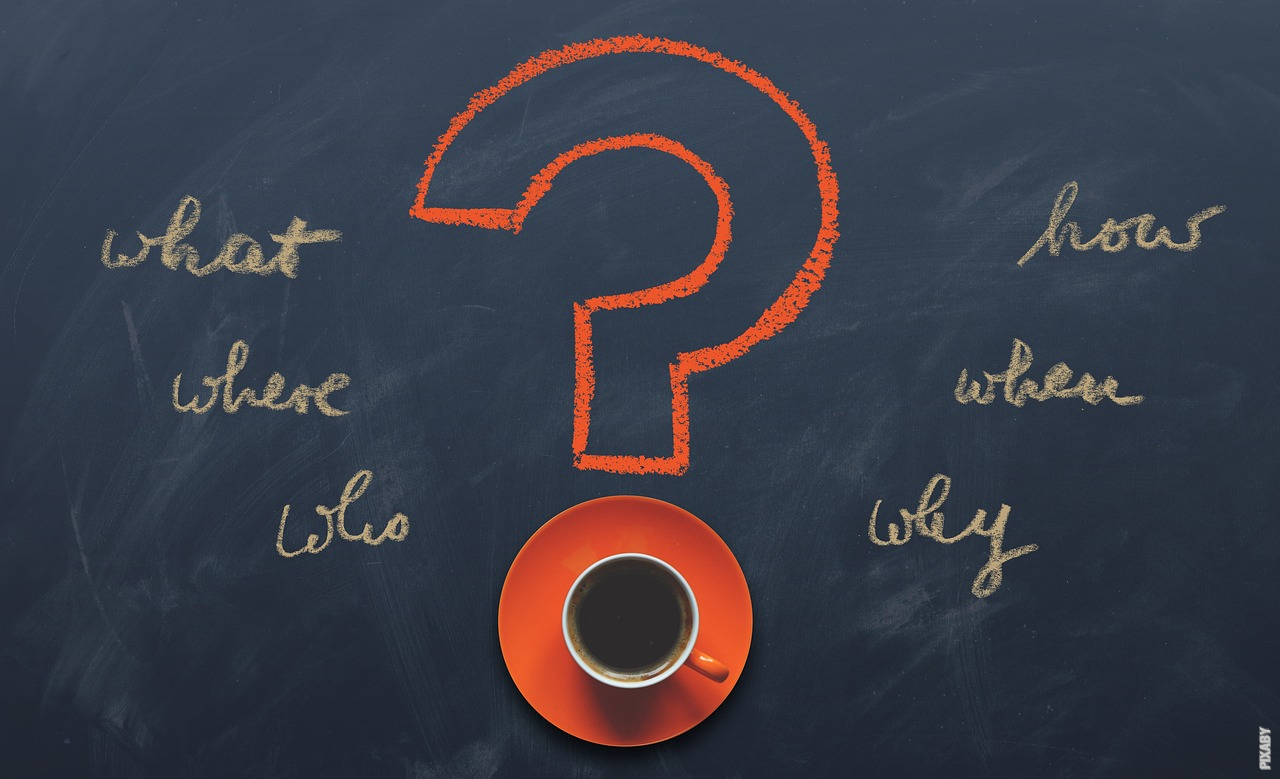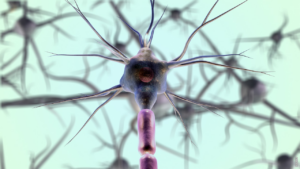The Wonders of Language
Language is a remarkable aspect of human existence. It is our primary tool of communication, enabling us to express our thoughts, emotions, and desires. But have you ever wondered how we acquired this incredible ability? Join us on a journey as we explore the fascinating world of language and unravel the mysteries of how we speak.
The Origins of Language
The Origins of Language
The origins of language are shrouded in mystery, but scientists believe that it emerged around 50,000 to 100,000 years ago. One theory suggests that early humans developed language as a means of coordinating group activities and sharing information. Over time, this primitive form of communication evolved and became more complex.
The Building Blocks of Language
Post
Post
At its core, language consists of sounds and words. But how do we transform thoughts into spoken words? The process begins in the brain, where our thoughts are converted into electrical signals. These signals then travel to the speech muscles, allowing us to produce sounds.
The Complexity of Grammar
Grammar is the set of rules that governs how words are organized and combined to form sentences. It is what gives language its structure and coherence. Despite the countless languages spoken around the world, the underlying principles of grammar are remarkably similar. This suggests that there may be a universal grammar shared by all humans.
The Power of Nonverbal Communication
While spoken language is undoubtedly powerful, nonverbal communication also plays a significant role in human interaction. Facial expressions, gestures, and body language can convey emotions and intentions, sometimes even more effectively than words. Understanding these nonverbal cues is essential for effective communication.
The Influence of Culture
Language is deeply intertwined with culture, shaping our beliefs, values, and worldview. Different cultures have unique ways of expressing themselves, with distinct vocabularies and idiomatic expressions. Exploring the diversity of languages enriches our understanding of human society and fosters cross-cultural appreciation.
The Future of Language
As technology continues to advance, so does the way we communicate. From text messages to emojis, our digital age has given rise to new forms of language. However, despite these changes, the fundamental essence of language remains the same – a powerful tool that connects us and allows us to navigate the complexities of the human experience.
The Power of Nonverbal Communication
While spoken language is undoubtedly powerful, nonverbal communication also plays a significant role in human interaction. Facial expressions, gestures, and body language can convey emotions and intentions, sometimes even more effectively than words. Understanding these nonverbal cues is essential for effective communication.
The Influence of Culture
Language is deeply intertwined with culture, shaping our beliefs, values, and worldview. Different cultures have unique ways of expressing themselves, with distinct vocabularies and idiomatic expressions. Exploring the diversity of languages enriches our understanding of human society and fosters cross-cultural appreciation.
The Future of Language
As technology continues to advance, so does the way we communicate. From text messages to emojis, our digital age has given rise to new forms of language. However, despite these changes, the fundamental essence of language remains the same – a powerful tool that connects us and allows us to navigate the complexities of the human experience.
The Influence of Culture
Language is deeply intertwined with culture, shaping our beliefs, values, and worldview. Different cultures have unique ways of expressing themselves, with distinct vocabularies and idiomatic expressions. Exploring the diversity of languages enriches our understanding of human society and fosters cross-cultural appreciation.
The Future of Language
As technology continues to advance, so does the way we communicate. From text messages to emojis, our digital age has given rise to new forms of language. However, despite these changes, the fundamental essence of language remains the same – a powerful tool that connects us and allows us to navigate the complexities of the human experience.
The Future of Language
As technology continues to advance, so does the way we communicate. From text messages to emojis, our digital age has given rise to new forms of language. However, despite these changes, the fundamental essence of language remains the same – a powerful tool that connects us and allows us to navigate the complexities of the human experience.
Join us again as we delve into more captivating topics that unravel the wonders of our world.
Rate this post!



